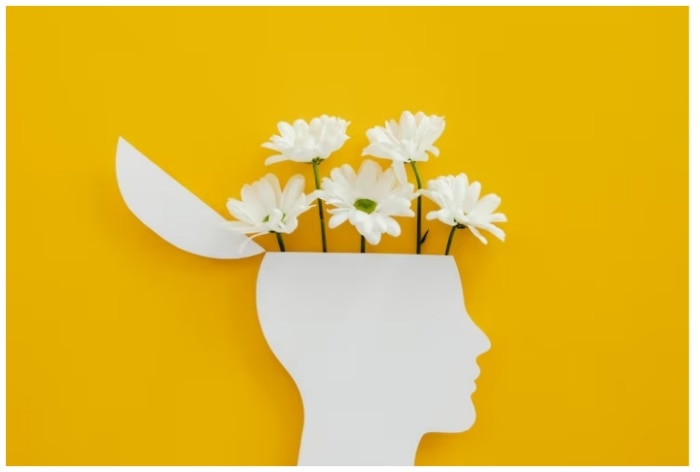Everyday stress can be taxing and eventually takes a toll on the body. But, bringing a change about in our everyday micro habits can help get relief from the stress and boost mental health. Here is what expert says.
Life is a series of personal and professional growth milestones. For one person, the overarching goal could be to reach a leadership role by their mid-30s, someone else might focus on starting a movement routine. No matter what we desire in life is, developing healthy habits can help us achieve it. However, forming a new habit is easier said than done. In our heads it all sounds easy and actionable. But waking up early every day to go for a 30-minute walk can be difficult to stick to when the alarm goes off. It’s not because we’re lazy or unmotivated. Research shows there are far more factors than willpower at play.
So, how exactly do habits form? India.com got in touch with Prakriti Poddar Seattle-based wellbeing expert and Global Head, Mental Health at Roundglass Living app. She elaborated and explained that at a chemical level in our brains, habit formation happens in the basal ganglia region. When you repeat an action multiple times, it forms a loop in the brain consisting of a cue, routine, and a reward. For example, if you are feeling mentally fatigued (cue), you will reach out for a cup of sweetened coffee (routine), and feel more energized (reward). Over time, as this loop is reinforced, the action becomes automatic, turning into a habit. Eventually, the prefrontal cortex, responsible for decision-making, becomes less involved, and the behaviour becomes second nature—a reason why you can parallel park while listening to the car radio.
Until this loop has formed, however, new behaviours require a lot of brain power. Our minds, wanting to minimize work, try to steer us back to old locked-in patterns. That’s where micro habits come in.
Why Micro Habits are Important?
Micro habits are tiny changes that you introduce into your routine. They are meant to be so small and easy that it’s hard to justify skipping. For example, you might decide to meditate for 1 minute every day or drink a sip of water first thing when you wake up. Because these actions are so sustainable, it’s easier to do them consistently, which research shows is the key to forming a lasting habit. As that sip of water starts to happen without thinking, it’s easy to expand it to half a glass and keep it up daily.
Benefits of Micro Habits
The most obvious benefit of micro habits is that they are easy to stick to. But there are many more benefits to adding them to your routine:
- Building Confidence to Succeed: Fear of failure often keeps us from taking the first step to build new habits. Micro habits, by their very nature, are easy to accomplish, instilling a sense confidence and optimism that you can take on any goal.
- Improving Mental Wellbeing: Achieving our daily micro goals brings a sense of fulfilment and success that helps foster self-esteem and reduce stress, leading to a stronger and more stable state of mental wellbeing.
- Sparking Healthy Transformation: Over time, micro habits gather momentum leading to incremental progress toward your larger health goal. Each day, you take small steps, which over weeks and months creates major transformation.
- Combatting Decision Fatigue: Because micro habits are quick to form and stay with you, they don’t require the executive function of the brain to kick in. These automatic behaviors give your brain a respite from the seemingly never-ending decisions it has to make in a day.
To achieve lasting health outcomes, you don’t have to upend your life and stretch yourself thin trying to stick to a gruelling new routine. In fact, research tells us that’s likely to fail. Instead, choose one habit and start very small.
For instance, walking for 5 minutes after each hour of sitting and working increases energy and mood, and decreases food cravings at the end of the day. Similarly, walking in nature for as little as 10 minutes has been found to reduce stress, depression, anxiety and hostility while enhancing feelings of comfort, calm and memory. In a 2018 study done by researchers from Carnegie Mellon University, just one hug was sufficient to mitigate negative feelings on days that people experienced conflict.
Self-improvement and wellbeing are an ongoing journey. Micro habits are like stepping stones on the path to reaching your larger goals. Start slow, small, and today to manifest the change you want to see. As James Clear writes in his bestselling book Atomic Habits, “All big things come from small beginnings. The seed of every habit is a single, tiny decision.”

